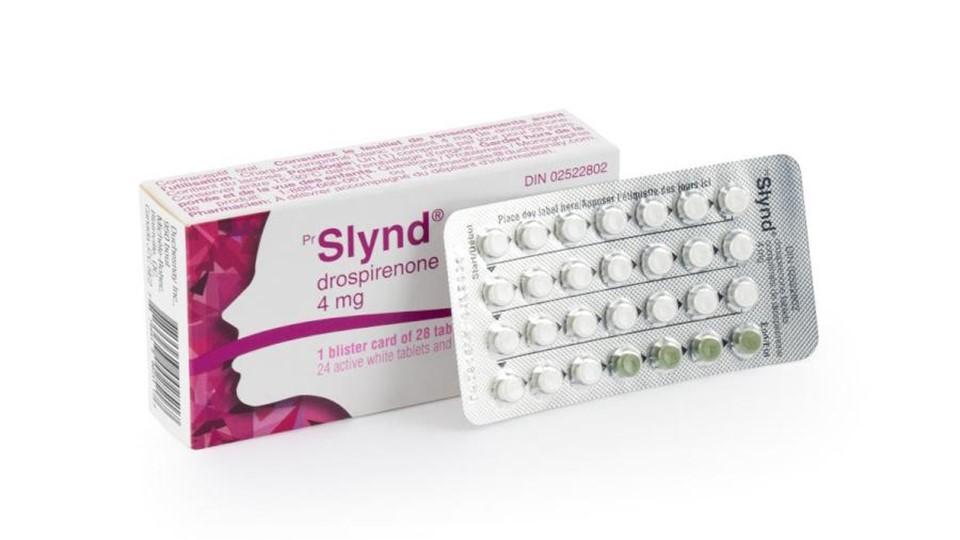Facebook post lands Exeltis in hot water

Women's health pharma Exeltis USA has been reprimanded by the FDA for making a Facebook post that promoted its birth control product Slynd, overstating its efficacy and failing to mention potential side effects.
The FDA's untitled letter says that Exeltis made "false or misleading claims" for oral progestin-based contraceptive Slynd (drospirenone) on the social media platform and ran the promotional message without submitting notification to the agency, as is required by the agency's regulations.
Slynd was launched by Exeltis in 2019 with the assertion that it was the first and only progestin-only pill providing pregnancy prevention with a 24-hour missed pill window – versus three hours for other oestrogen-free products – and a 24-day active/4-day inactive regimen designed to improve tolerability.
According to the company, the 24/4 approach provides for more stable hormone levels compared to traditional 21/7 dose regimens, avoiding hormone withdrawal effects.
In its Facebook post, Exeltis made the following claim: "Offer your patients oestrogen-free birth control with periods on a schedule". The FDA said the claim overstates the efficacy of Slynd, as there is no clinical evidence that the drug can lead to predictable bleeding.
The post also failed to mention any risk information about the contraceptive, including contraindications that include renal impairment, adrenal insufficiency, a history of cervical cancer or other progestin-sensitive cancers, benign or malignant liver tumours, other liver problems, and undiagnosed abnormal uterine bleeding. Side effects were also not included.
Finally, the letter upbraids Exeltis for not notifying the FDA of the promotional post by providing form FDA-2253, which should be filed at the time of publication and include a copy of the labelling.
It also instructs Exeltis to cease any similar forms of advertising that violate regulations and respond to the regulator within 15 days to indicate what it is doing to rectify procedures or challenge the FDA's conclusions about the post.
Social media platforms have raised issues for pharma companies as promotional vehicles for the products, as they often have limited space to get a message across, but the FDA has taken a firm line on the inclusion of safety information.
"If a firm chooses to make a product benefit claim, the firm should also incorporate risk information within the same character space-limited communication [and] should also provide a mechanism to allow direct access to a more complete discussion of the risks associated with its product," says its guidance.
Recent posts from Exeltis on Facebook feature videos that include a shot of Slynd's side effects and contraindications.
Untitled letters tend to be infrequent, but this is the second to be sent out by the FDA's Office of Prescription Drug Promotion (OPDP) in a matter of weeks, perhaps pointing to increased attention by the regulator on online promotions.
It comes after Xeris Pharmaceuticals was rapped for making false or misleading efficacy claims for Cushing's syndrome therapy Recorlev (levoketoconazole) on its consumer-facing website and minimising the drug's side effects.













